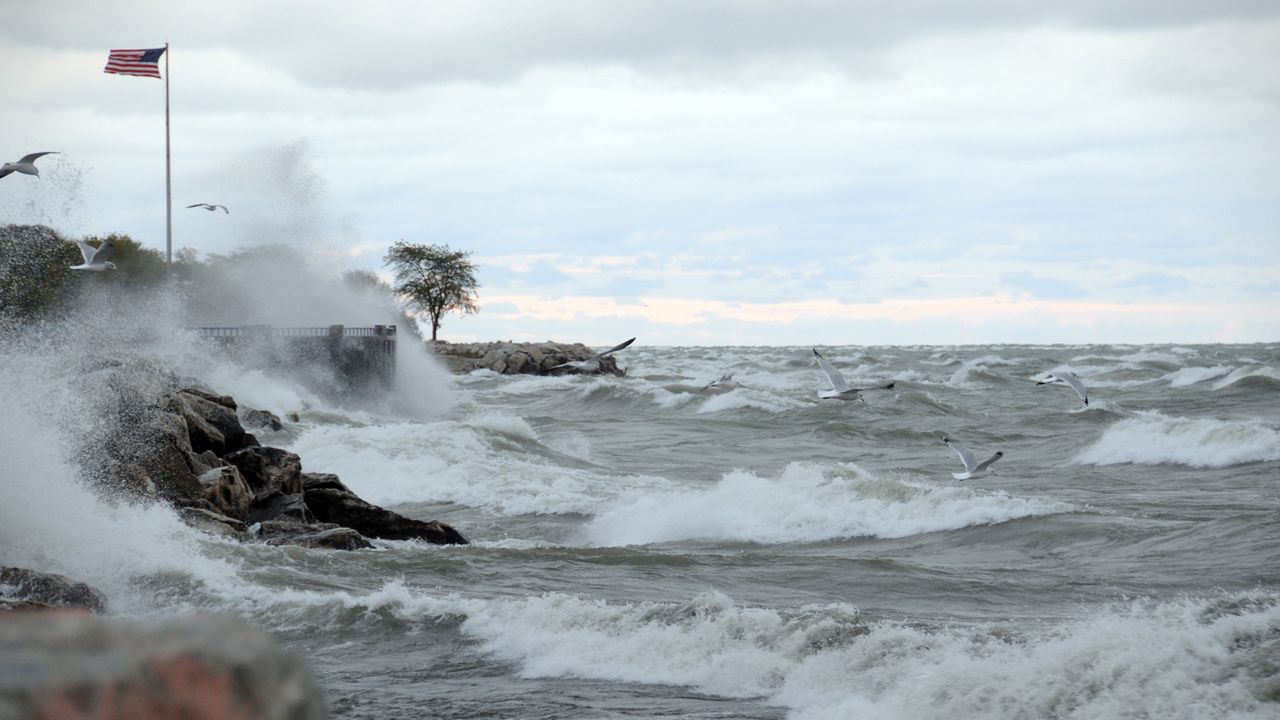MANISTEE COUNTY, Mich. (AP) — Human remains found in 1997 along Lake Michigan’s shoreline in western Michigan have been identified as those of a Chicago woman last seen weeks earlier at a Wisconsin beachfront park, police said Monday.
Forensic experts relying on advanced DNA analyses confirmed in December that the remains are those of Dorothy Lynn (Thyng) Ricker, Michigan State Police said.
“Although DNA testing wasn’t possible when Dorothy Ricker died, investigators are grateful that it brings her family some resolution today,” police said in a news release.
Ricker, then 26, was last seen on Oct. 2, 1997, sitting on a bench at a Wisconsin lakefront park by officers with the St. Francis Police Department. She told the officers “she was from Chicago and was ‘enjoying the lakefront and the sun,’” state police said.
The next day, an abandoned vehicle was found nearby and its license plate came back as belonging to a person listed as “missing/endangered” by the Chicago Police Department. That information was not known at the time the officers spoke to Ricker, state police said.
On Oct. 27, 1997, human remains were found along the lake in western Michigan’s Manistee County. An autopsy found that person died from asphyxia due to accidental drowning but the remains could not be identified.
The remains were exhumed in 2020 and bone samples were sent to Astrea Forensics under the DNA Doe Project for Forensic Genetic Genealogy, state police said. The next year, police informed about a possible genetic link to the Thyng family from Acton, Maine.
DNA samples were obtained from a possible brother of Ricker and also a possible daughter of Ricker who was living in Chicago, police said.
Because Ricker’s badly degraded bone samples were unsuitable for “traditional testing,” they were sent to Intermountain Forensics in Salt Lake City, Utah, for an advanced analysis that eventually helped confirm they belonged to Ricker.



